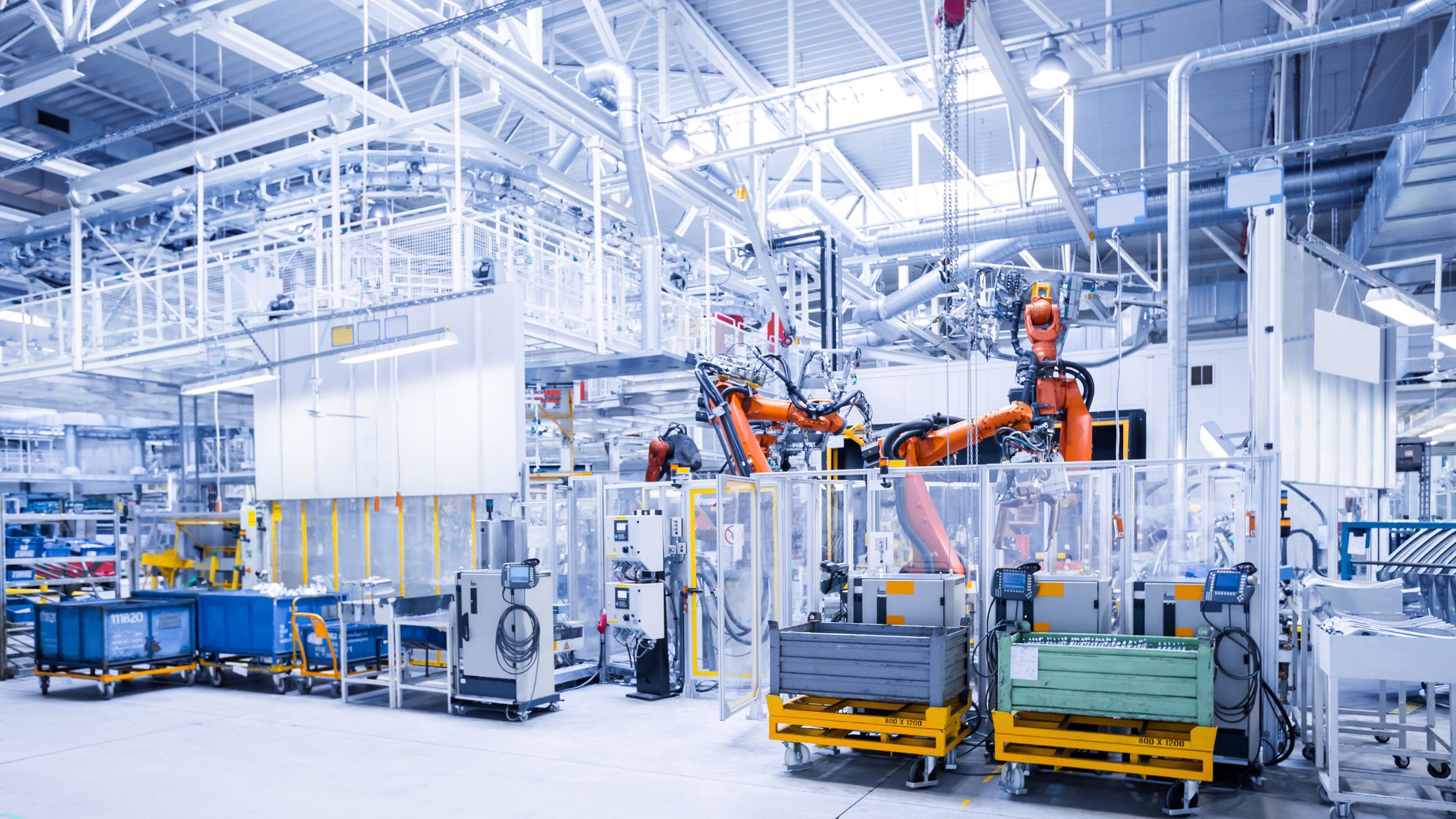Health & Safety Insurance for Machinery Manufacturing Facilities: Protecting Your Business, Employees, and Assets
Discover the critical importance of comprehensive health and safety insurance for machinery manufacturing facilities. Learn about risks, coverage options, and strategies to protect your business.
Understanding the Unique Risks in Machinery Manufacturing
Machinery manufacturing facilities represent a complex ecosystem of technological innovation, human skill, and potential risks. Unlike many other industries, these environments are characterized by high-stakes operational challenges that demand meticulous risk management and comprehensive insurance coverage.
The Multifaceted Nature of Manufacturing Risks
- Complex machinery with inherent operational risks
- Potential for serious workplace accidents
- High-value equipment and infrastructure
- Regulatory compliance requirements
- Potential environmental and product liability exposures
Essential Insurance Coverage for Machinery Manufacturing Facilities
1. Employers' Liability Insurance
A legal requirement in the UK, employers' liability insurance protects your business if an employee is injured or becomes ill due to work-related activities. In machinery manufacturing, this coverage is crucial due to the high-risk nature of the work environment.
Key Protections Include:
- Medical expenses for workplace injuries
- Compensation for lost wages
- Legal defense costs in employee injury claims
- Coverage for rehabilitation and long-term care
2. Public Liability Insurance
This insurance covers claims made by third parties who might be injured or suffer property damage on your premises. For machinery manufacturing facilities, this is critical given the potential for accidents involving visitors, contractors, or delivery personnel.
Comprehensive Coverage Aspects:
- Third-party injury claims
- Property damage compensation
- Legal representation expenses
- Immediate financial protection
3. Product Liability Insurance
Manufacturing machinery involves creating complex products that could potentially cause harm if they malfunction. Product liability insurance protects your business from financial consequences arising from defective products.
Protection Scope:
- Legal defense costs
- Compensation for product-related injuries
- Recall expense coverage
- Reputation management support
4. Professional Indemnity Insurance
For machinery manufacturers offering design, consultation, or custom engineering services, professional indemnity insurance is crucial. It protects against claims of professional negligence or inadequate advice.
Coverage Highlights:
- Legal defense for professional error claims
- Financial compensation for client losses
- Protection for intellectual property disputes
- Contractual dispute resolution
5. Machinery Breakdown Insurance
Specialized insurance that covers the cost of repairing or replacing machinery that breaks down due to mechanical or electrical failure, ensuring minimal operational disruption.
Comprehensive Protection:
- Equipment repair costs
- Replacement of critical machinery
- Business interruption compensation
- Emergency repair support
Proactive Risk Management Strategies
Insurance is not just about financial protection—it's about creating a comprehensive safety ecosystem. Effective risk management involves multiple strategic approaches:
1. Regular Safety Training
Implement comprehensive safety training programs that cover machinery operation, emergency procedures, and personal protective equipment (PPE) usage.
2. Equipment Maintenance Protocols
Develop rigorous maintenance schedules to prevent machinery breakdowns and reduce the likelihood of accidents caused by equipment failure.
3. Technology Integration
Utilize modern safety technologies such as IoT sensors, predictive maintenance tools, and real-time monitoring systems to enhance workplace safety.
4. Documentation and Compliance
Maintain meticulous records of safety protocols, training, and equipment maintenance to support insurance claims and demonstrate due diligence.
Understanding Insurance Costs and Factors
Insurance premiums for machinery manufacturing facilities are determined by multiple complex factors:
Premium Influencing Factors:
- Facility size and production capacity
- Types of machinery used
- Historical safety record
- Implemented risk management strategies
- Annual revenue and business complexity
- Geographic location and local risk environment
Investing in comprehensive insurance is not an expense, but a strategic financial protection mechanism that safeguards your business's future.
Regulatory Landscape and Compliance
UK manufacturers must navigate a complex regulatory environment. Compliance is not optional—it's a legal requirement that intersects directly with insurance coverage.
Key Regulatory Frameworks:
- Health and Safety at Work Act 1974
- Provision and Use of Work Equipment Regulations (PUWER)
- Management of Health and Safety at Work Regulations
- Workplace (Health, Safety and Welfare) Regulations
Conclusion: A Holistic Approach to Safety and Insurance
Health and safety insurance for machinery manufacturing facilities is a complex, multi-layered strategy. It requires a proactive approach that combines comprehensive insurance coverage, robust risk management, and a commitment to continuous improvement.
By understanding the unique risks, investing in the right insurance products, and maintaining rigorous safety standards, manufacturers can create a secure, resilient operational environment.
Frequently Asked Questions
Q1: How often should insurance policies be reviewed?
Annually, or whenever significant changes occur in your business operations, machinery, or risk profile.
Q2: Can insurance help prevent accidents?
While insurance provides financial protection, many insurers offer risk assessment services that can help identify and mitigate potential safety hazards.
Q3: What's the most critical insurance for machinery manufacturers?
Employers' liability and public liability insurance are typically considered the most crucial, but a comprehensive approach includes multiple coverage types.


 0330 127 2333
0330 127 2333
